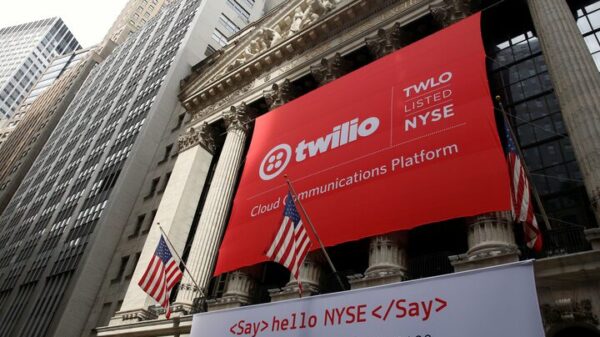The Competition Tribunal dismissed an application from Canada’s competition commissioner to block Rogers Communications (TSX.RBI.B) CAD$26 billion takeover bid for Shaw Communications (TSX.SJR.B) on December 29.
The tribunal indicated in a summary of its decision released Thursday that the telecommunications merger wouldn’t result in materially higher prices. The deal also includes the sale of Freedom Mobile from Shaw to Quebecor-owned Videotron for CAD$2.85 billion, which the decision stated would be unlikely to prevent competition.
“The Tribunal has also determined that the strengthening of Rogers’ position in Alberta and British Columbia, combined with the very significant competitive initiatives that Telus and Bell have been pursuing since the Merger was announced, will also likely contribute to an increased intensity of competition in those markets,” the decision reads.
The Tribunal rejected allegations made by the competition commissioner that the merger would have substantial effects on the media environment. These include that Shaw’s sale to Freedom to Videotron would result in Freedom becoming a less effective competitor than before the merger. Secondarily, that the acquisition would give rise to anti-competitor unilateral effects. Additionally, that the merger and divestiture would facilitate the exercise of collective market power by Rogers, Bell and Telus Communications.
The Competition Bureau’s principle argument throughout the proceedings was the merger would weaken competition in the telecommunications market. This would trigger higher prices and lead to overall poor service.
Rogers and Shaw indicated the deal would enhance competition and ultimately be better for customers.
Read more: The Mugglehead technology roundup: telecommunications and media concentration edition
Read more: Heads roll at Rogers putting Shaw merger in jeopardy
Merger approval transfers wealth to three billionaire families: Globalive
“Sadly, it’s no surprise that the Competition Act, which has failed to protect Canadians from every anti-competitive merger for the past 40 years, has failed us yet again. The government must step in to stop this merger, and oversee a fair, open, and transparent process to sell the Freedom Mobile wireless assets and ensure the best outcome for Canadians,” according to a statement released by Globalive.
Globalive has been involved in the founding of 12 telecommunications companies over the past 25 years, including WIND Mobile. WIND Mobile was sold to Shaw communications for $1.6 billion.
The organization’s criticism of the merger extended to the Competition Act itself, calling it “overwhelmingly ineffective.”
“The approval of this merger will mean a massive wealth transfer from consumers in Ontario, British Columbia, and Alberta to the three billionaire families behind Rogers, Shaw, and Videotron,” Globalive said. “As we move into the new year, with economic challenges plaguing millions of Canadians and the looming threat of a recession, we are, once again, witnessing a powerful Canadian oligopoly get its way, with profits in the billions awaiting them at the finish line.”
Key stakeholders oppose the merger
The proposed Rogers takeover of Shaw is a terrible deal for Canada and Canadians and must be stopped by our government.
8/10 Canadians, 9/10 Rogers and Shaw customers, and even 6/10 Quebec-based Canadians who are not even directly affected all think the deal is a terrible idea. pic.twitter.com/v4BReM0sZY— Anthony Lacavera (@AnthonyLacavera) December 14, 2022
Globalive also noted that the majority of key stakeholders oppose the merger.
For example, a Angus Reid poll indicated eight out of 10 Canadians oppose the merger. This includes nine of 10 Rogers and Shaw customers.
The Competition Bureau itself has been fighting the merger as best it can under the old act.
Also, the Standing Committee on Industry and Technology (INDU) and other Heritage Standing Committees are in opposition. Additionally, the merger has received opposition from Liberal caucus members in Ontario, BC and Alberta, where most of the affected consumers live.
Also Conservatives and NDP across Canada are against this merger.
The deal still requires approval from Innovation, Science and Economic Development Canada.
Follow Joseph Morton on Twitter
joseph@mugglehead.com














